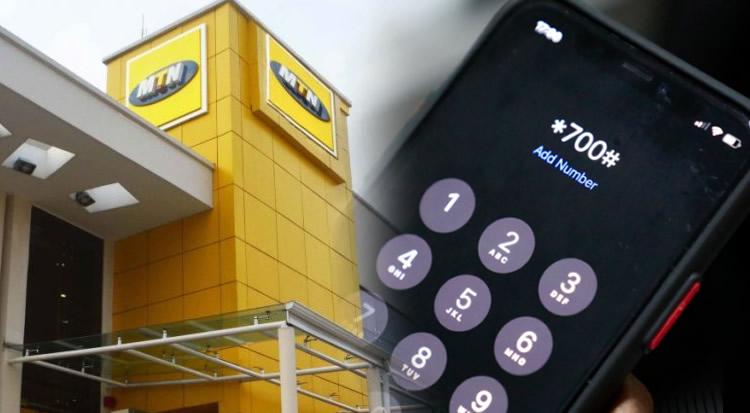elecommunication companies in Nigeria will now receive payment for Unstructured Supplementary Service Data (USSD) services directly from customers’ airtime, based on a new billing model approved by the Nigerian Communications Commission (NCC) and the Central Bank of Nigeria (CBN).
The fresh arrangement, known as the End-User Billing (EUB) framework, allows telecom operators like MTN Nigeria, Airtel, Globacom, and 9mobile to deduct charges for USSD services straight from subscribers’ mobile airtime. This change removes banks as middlemen in the payment process.
Before this policy, banks were in charge of collecting USSD fees from customers and were expected to remit them to telecom companies. But the operators had repeatedly accused the banks of withholding funds. According to industry data, banks had received services valued at more than ₦200 billion from telcos as of the end of 2024 without full remittance.
President of the National Association of Telecoms Subscribers (NATCOMS), Mr. Adeolu Ogunbanjo, explained the previous issue. “Before now, banks would deduct the money from our accounts and fail to remit it to the telcos. It was always a problem,” he said.
The new billing structure allows customers to pay ₦6.98 per USSD session, which may last up to two minutes. Importantly, users must agree to the deduction by opting in before any airtime is charged.
Mr. Ogunbanjo praised the NCC for leading this reform in partnership with the CBN. He described it as a long-overdue step that will improve transparency in the sector. He also expressed hope that the new payment model would push telecom companies to improve their services. “Hopefully, the telcos will now use this to develop the telecom sector so that we won’t be having poor-quality services,” he said.
The decision comes after several years of dispute between banks and telecom operators over who should collect and manage USSD service payments. The argument began around 2019, and by 2021, the CBN and NCC introduced a temporary solution—a flat-rate charge of ₦6.98 per session, collected by banks for telcos. Despite this, complaints continued as banks allegedly delayed or failed to remit payments to telecom providers.
Last week, some banks, including Guaranty Trust Bank (GTB), United Bank for Africa (UBA), and First City Monument Bank (FCMB), informed their customers via email and SMS that going forward, USSD charges would be deducted directly from their airtime.
Chairman of the Association of Licensed Telecom Operators of Nigeria (ALTON), Mr. Gbenga Adebayo, said the new model is a significant development for Nigeria’s digital finance system. “This transition marks a significant milestone in the evolution of Nigeria’s digital financial ecosystem. It aims to establish a transparent, sustainable, and customer-centric model for USSD service delivery,” he said.
He also assured the public that there would be no disruption in USSD services. He said that the current codes used for banking activities like checking account balance, money transfer, and paying bills will remain the same.
For users who encounter challenges, Mr. Adebayo advised them to reach out to their telecom provider. However, if the issue relates to a specific bank transaction, the customer should contact their bank.
USSD technology remains very important in Nigeria, especially in rural and low-income communities where many people do not have smartphones or internet access. It allows millions of Nigerians to access banking and other services through basic mobile phones.
With this new billing model, industry experts believe trust and efficiency will improve across Nigeria’s digital financial system.
In a joint circular released on 20 December 2024, the CBN and NCC stated that only banks and telecom operators that met certain conditions would be allowed to implement end-user billing. These conditions include paying off old debts and setting up systems for reporting and correcting errors in transactions.
The telecom industry says it is ready, but many banks have not yet fulfilled these requirements.
According to Mr. Adebayo, a repayment plan has already been agreed upon between the parties. Under this plan, banks are expected to pay 60 per cent of their outstanding bills by 2 January 2025. All past debts must be cleared by 2 July 2025, while 85 per cent of new charges must be paid by 31 December 2025.
This new step marks an effort to resolve the long-standing dispute between banks and telecoms over USSD billing and to bring order to Nigeria’s digital financial services landscape.
